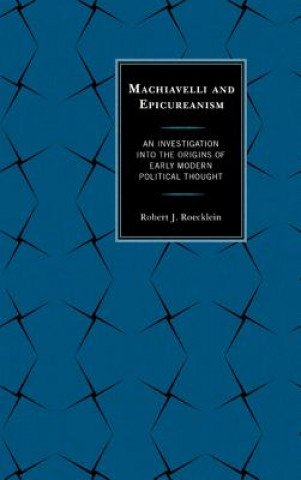
Code: 01243764
Machiavelli and Epicureanism
by Robert J Roecklein
This book investigates the influence of Epicurean physics on the argument developed in Machiavelli's Discourses on Livy. Towards this end, the full philosophical history and origins of atomist philosophy are investigated during th ... more
- Language:
 English
English - Binding: Hardback
- Number of pages: 256
Publisher: Lexington Books, 2012
- More about this

You might also like
-
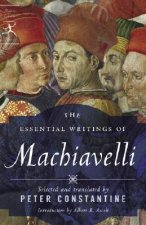
Essential Writings of Machiavelli
20.13 € -6 % -
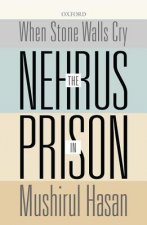
When Stone Walls Cry
36.90 € -

Engineering Design - A Project-Based Introduction, 4e
121.35 € -
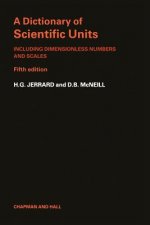
Dictionary of Scientific Units
70.74 € -

Cinema and Desire
36.08 € -

Sandra
7.25 € -21 % -

Neuroendokrinní nádory
21.05 € -25 %
Give this book as a present today
- Order book and choose Gift Order.
- We will send you book gift voucher at once. You can give it out to anyone.
- Book will be send to donee, nothing more to care about.
More about Machiavelli and Epicureanism
You get 431 loyalty points
 Book synopsis
Book synopsis
This book investigates the influence of Epicurean physics on the argument developed in Machiavelli's Discourses on Livy. Towards this end, the full philosophical history and origins of atomist philosophy are investigated during the first three chapters. Plato's critique of the atomist philosophy, from his dialogue the Parmenides, is a part of that investigation. In fact, Plato provides a refutation of the atomist philosophy in the Parmenides. A significant amount of scholarship has been accomplished that demonstrates the currents of Lucretian atomism in Machiavelli's Florence. Evidence is supplied as to Machiavelli's exposure to the Lucretian text, and the book then proceeds to investigate the transformational arguments of the Discourses On Livy itself. Machiavelli's Discourses are saturated with terminology that is borrowed from physics: 'materia' (Matter), 'corpo' (body), 'forma' (form), 'accidente' (accident). English translators have usually employed some theory as to which tradition of physics Machiavelli is relying upon, in order to conduct their translations. By borrowing the terminology of Lucretian physics, Machiavelli becomes able to conceive of the people in a political society as something less than human: as 'matter' or materia without form. In my analysis of Machiavelli's deployment of the concepts from Lucretian physics, it is attempted to unveil the brutality that is inherent in Machiavelli's new definitions of the elements of politics, and the general hostility of his political science to the Aristotelian concept of the human being as political animal. The classical physics of Aristotle, which Machiavelli has rejected for a model, indicates the forward looking momentum of natural beings. For Aristotle, nature intends human political society as the arena for human fulfillment. In Aristotelian physics, nature aims at an end in generation, i.e. at a culmination of the natural being in its proper condition of excellence. For human beings, this is justice, the quality of relationships that makes happiness possible. In Machiavelli, a new politicized physics is revealed. In Machiavelli's model, the human beings of formed matter are repeatedly sent, through new institutions and methods of government, 'back to their beginnings', i.e. to a condition of isolation, destitution, injury, and pain. The last chapter of the book concludes with an examination of the particular institutions and methods that Machiavelli holds out to us for employment, if his new vision of a republic is to be realized.
 Book details
Book details
Book category Knihy po anglicky Humanities Philosophy Social & political philosophy
174.31 €
- Full title: Machiavelli and Epicureanism
- Author: Robert J Roecklein
- Language:
 English
English - Binding: Hardback
- Number of pages: 256
- EAN: 9780739177105
- ISBN: 0739177109
- ID: 01243764
- Publisher: Lexington Books
- Weight: 499 g
- Dimensions: 237 × 157 × 23 mm
- Date of publishing: 18. October 2012
Trending among others
-

The 48 Laws of Power
26.88 € -1 % -
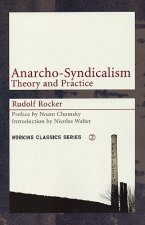
Anarcho-syndicalism
11.54 € -19 % -
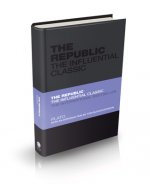
The Republic
12.97 € -21 % -

Political Philosophy
15.33 € -21 % -
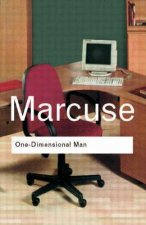
One-Dimensional Man
23.20 € -4 % -

Change or Die
17.17 € -11 % -

Free Will
8.99 € -23 % -
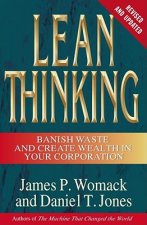
Lean Thinking
28 € -22 % -

End of History and the Last Man
16.55 € -23 % -

Essential Drucker
20.44 € -
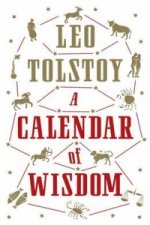
Calendar of Wisdom
10.11 € -23 % -
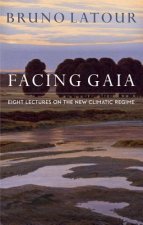
Facing Gaia
26.37 € -3 % -

Justice as Fairness
35.67 € -14 % -
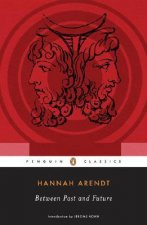
Between Past and Future
19.82 € -3 % -

Managing Your Manager: How to Get Ahead with Any Type of Bos
19.72 € -15 % -

General Theory of Law and State
60.11 € -

Common Sense, The Rights Of Man And Other Essential Writings
7.96 € -4 % -

People vs. Democracy
33.93 € -

Fashion System
17.68 € -23 % -
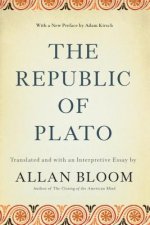
Republic of Plato
19.42 € -20 % -

Ideas Have Consequences
18.70 € -12 % -

A Conflict of Visions
29.23 € -

Violence and the Sacred
27.19 € -4 % -
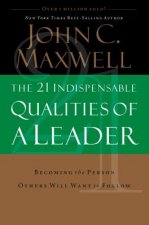
21 Indispensable Qualities of a Leader
23.20 € -4 % -

Towards a New Manifesto
11.44 € -20 % -
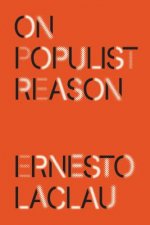
On Populist Reason
16.45 € -3 % -
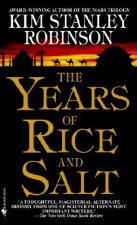
Years of Rice and Salt
9.40 € -18 % -

Oxford Handbook of Political Ideologies
63.79 € -

Utilitarianism
10.52 € -10 % -

Radicality of Love
14.10 € -3 % -

Modern Social Imaginaries
25.14 € -10 % -
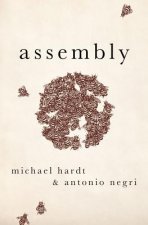
Assembly
31.38 € -10 % -
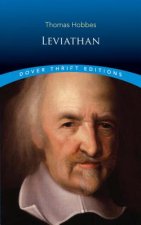
Leviathan
7.56 € -15 % -

What is Power?
18.60 € -

Proposed Roads to Freedom
11.03 € -

Against Marriage
40.07 € -

Time for Revolution
38.74 € -
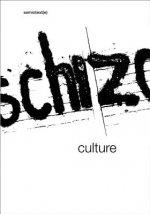
Schizo-Culture
38.74 € -5 % -
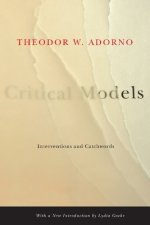
Critical Models
47.63 € -
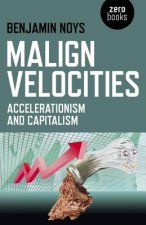
Malign Velocities - Accelerationism and Capitalism
13.59 € -17 % -

Platform Capitalism
14 € -1 % -

Prince: The Original Classic
13.08 € -20 % -

Taking Rights Seriously
33.83 € -5 % -
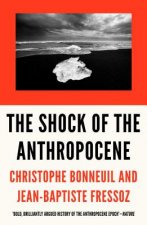
Shock of the Anthropocene
14.71 € -15 % -

How Will Capitalism End?
27.08 € -12 % -

To Have or To Be?
26.37 € -6 % -

Ideology: A Very Short Introduction
13.79 € -3 % -

Future of Nostalgia
26.98 € -
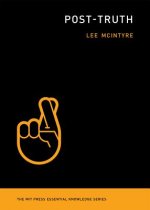
Post-Truth
14.71 € -15 %
Osobný odber Bratislava a 2642 dalších
Copyright ©2008-24 najlacnejsie-knihy.sk Všetky práva vyhradenéSúkromieCookies



 21 miliónov titulov
21 miliónov titulov Vrátenie do mesiaca
Vrátenie do mesiaca 02/210 210 99 (8-15.30h)
02/210 210 99 (8-15.30h)